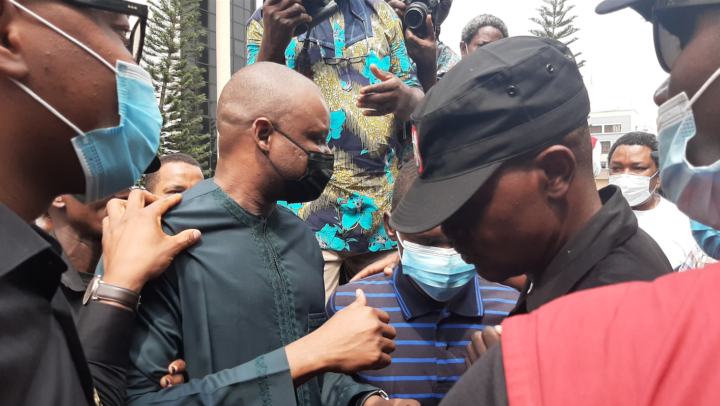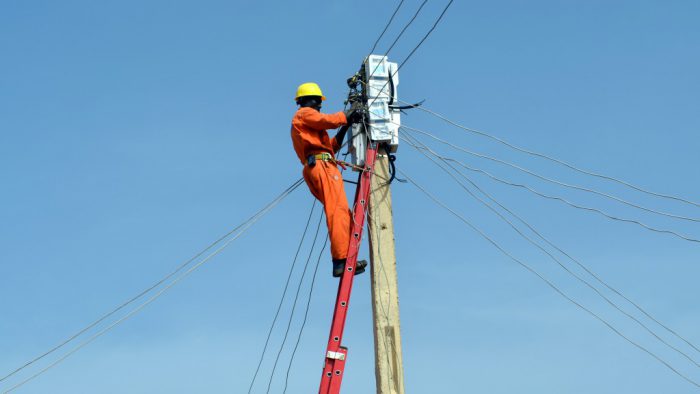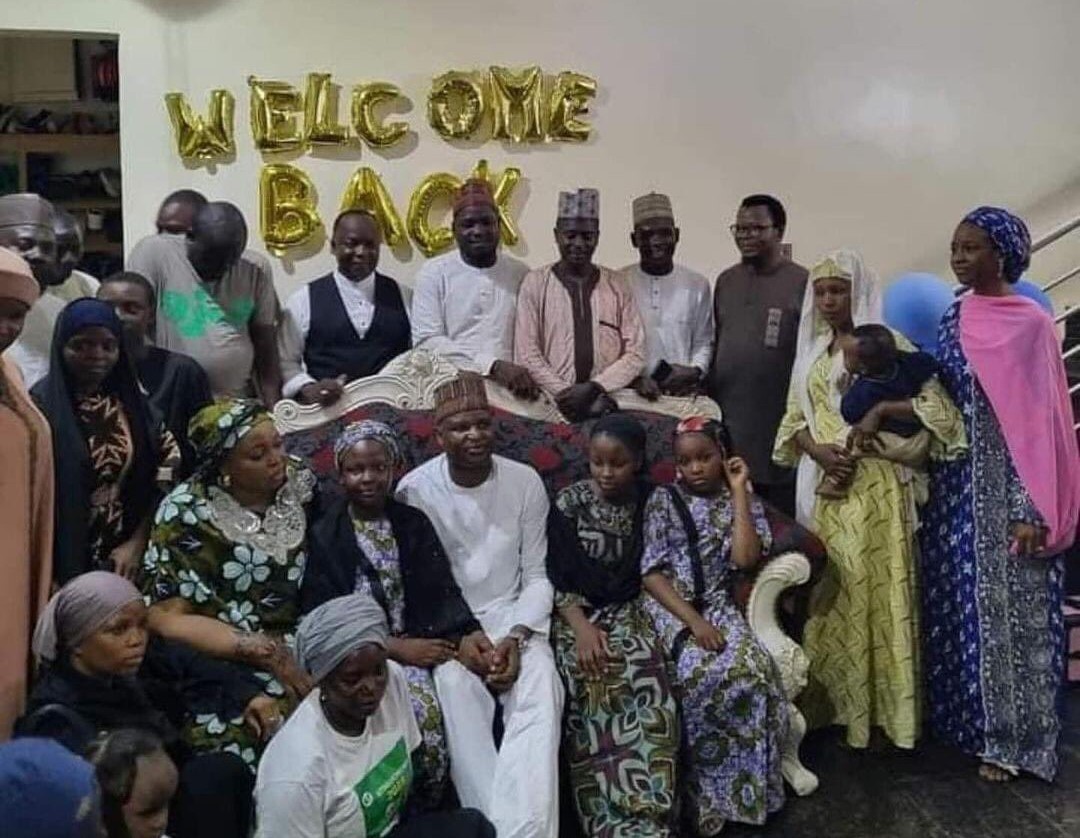Olawale Dada, a father and graduate of international law and diplomacy from Babcock University, Ilishan-Remo, Ogun state, is living with cerebral palsy. He was trained by Project Enable Africa as a digital marketer.
In this interview with TheCable’s YEMI MICHAEL, Dada shared his thoughts on the medical condition, how it has affected him, the things he has succeeded in doing despite his disability, and how governments and society can help.
TheCable: How will you describe cerebral palsy?
Dada: It is one of the neurological developmental disorders. It is damage or abnormal development in the part responsible for muscle movements.
Advertisement
The damage to the brain could be caused by infection during pregnancy, the lifestyle of a pregnant woman, long labour which causes a shortage of oxygen to the brain, or improperly managed infections (such as jaundice or measles) after delivery.
TheCable: How has it affected you?
Dada: I experience slurred speech, non-body coordination, and stiff muscles. I can’t stand upright or stand straight for up to 10 minutes, even with support.
Advertisement
I fall easily. I often choke on meals. So, I properly chew my meat before I swallow it. It makes me urinate often. So, I avoid taking water when I am outside or in transit, even though the management of the disorder requires that an affected person always stays hydrated.
TheCable: Cerebral palsy often occurs with additional conditions. How is yours?
Dada: Cerebral palsy has different spectrums, namely spastic, athetoid, ataxic, and mixed. Mine is athetoid.
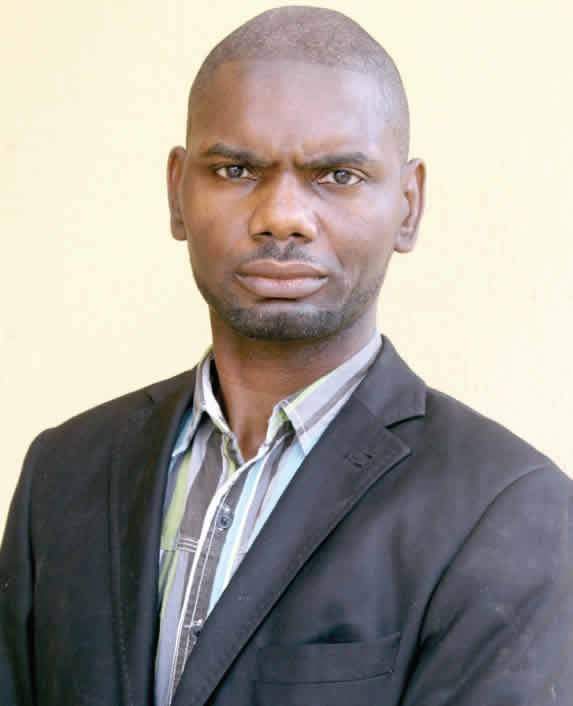
But I notice some challenges, like choking on meals, which was not a problem before. Now, I am a wheelchair user. I will need to do an MRI, magnetic resonance imaging, and total health check to have a precise diagnosis.
Advertisement
TheCable: Tell me how you have coped and the kind of support you have received from disability associations and others.
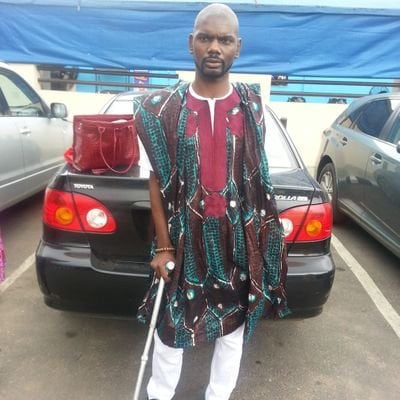
Dada: I have been coping with using a wheelchair as a mobility aid, physiotherapy, and having seeds, nuts, protein, leafy greens, and carbohydrates in my diet. My nuclear and extended families and friends have been a wonderful support system. I received business support training, digital marketing training, and won a $1000 business pitch competition from Project Enable Africa in partnership with Access Bank and the US consulate general.
I have also received a business support fund from the UN development initiative through Project Enable Africa. I was also given assistive aid through the Super Parents Foundation, the Iyaniwura Children Care Foundation, the Star Children Care Foundation, and The Enabled Life.
I have also benefited from a graphic design training organised by the National Association of Persons with Disabilities (NCPWD), Egbe-Idimu, Lagos, in partnership with the Lagos state government through the office of the commissioner for wealth creation.
Advertisement
As a disability rights and inclusion advocate, I have succeeded in promoting #gogreen cerebral palsy awareness campaign on social media, which has helped me win an award.
I have pushed the message of disability rights and inclusion on many television and radio stations, spoken at conferences and events. I have seen the positive effects in inclusive brand video advertisements, movies, and music videos.
Advertisement
TheCable: What is the societal attitude towards people with cerebral palsy?
Dada: The society still has a wrong notion about the disorder and its management. Many still assume it is the same as intellectual disability and epilepsy because of the non-coordinated body movement associated with them.
Advertisement
Though some severe spectrums of the disease have associated conditions like intellectual disability and epilepsy, it is not general with cerebral palsy and not also general to all severe spectrums.
People still believe that all people with this disease are possessed by demons and have snake spirits (especially for the spectrum where two limbs are impaired). There is high stigmatisation against people with this condition because of their physical makeup.
Advertisement
The government can help by creating awareness through the National Orientation Agency. Already, the government has signed the Disability Act into law. This criminalises stigmatisation and discrimination.
However, governments need to do more. All 36 states need to domesticate the disability law to reduce discrimination and stigmatisation at all levels.
TheCable: Tell us how would-be parents can prevent and manage this condition.
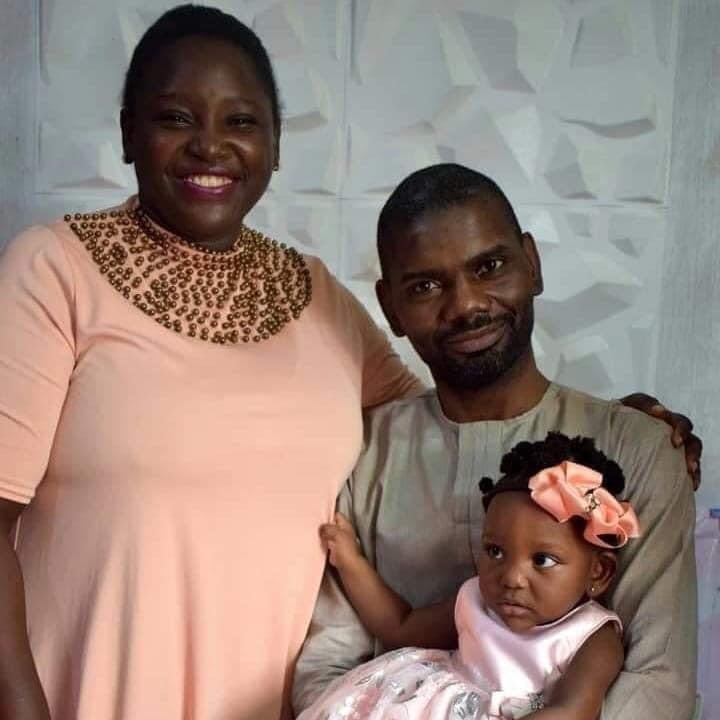
Dada: It can be prevented by would-be parents by maintaining a healthy life, taking medication and meals rich in folic acid, and accepting caesarean surgery as an alternative to vaginal birth so as to avoid long labour, which causes a shortage of oxygen to the brain.
They should also ensure their environment is clean to prevent mosquitoes that can cause malaria infection in foetus. Would-be mothers should also do everything possible to avoid accidents.
The public should see people with cerebral palsy first as human beings, understand their special needs, and show empathy. In fact, I advocate for a communal approach to cerebral palsy. I will like to let them know that the condition is not an intellectual disability or epilepsy. It is a medical condition and not a manifestation of a demon. It is not contagious.
Would-be and existing parents should take treatment for jaundice and immunisation against measles seriously. Parents should visit a paediatrician immediately if they notice a lack of neck control and no attempt to crawl by a child.
If a child has cerebral palsy, parents should calm down. It is not the end of the world. Early intervention will be helpful. Hitting a child’s head hard should be avoided. Attention should be paid to a fall, and this should be discussed with a healthcare provider.
Add a comment

